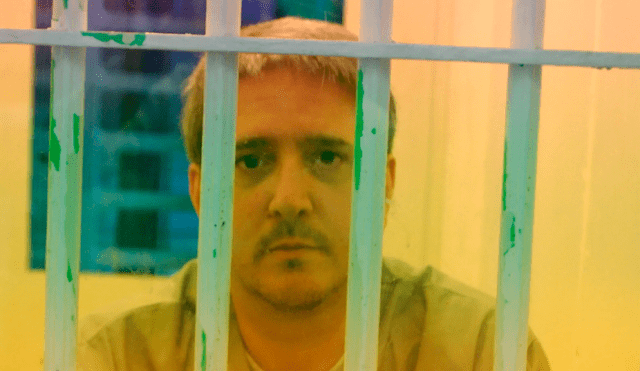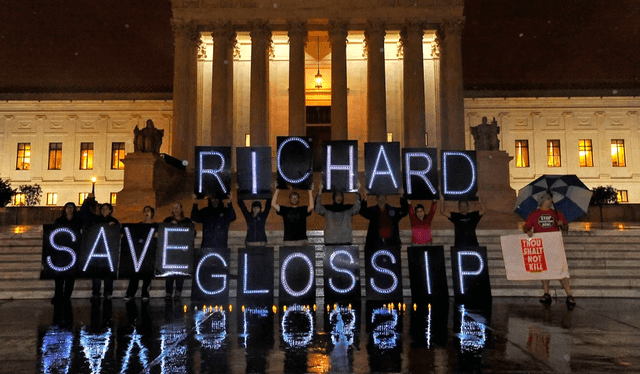Oklahoma death row inmate’s conviction overturned by Supreme Court over trial errors
In a rare judicial move, the country's top judicial authority quashed condemned inmate Richard Glossip's murder verdict after revelations of a key witness's false testimony and withheld evidence, setting the stage for a renewed retrial.

In a landmark decision that has captured national attention, the U.S. Supreme Court overturned Richard Glossip’s homicide conviction, citing critical flaws in the trial process. Revelations that a key witness lied and that prosecutors withheld crucial testimony have highlighted serious breaches of constitutional duty, marking a rare judicial reprimand in a death penalty case.
Glossip, who has spent decades on death row since his 1998 sentence, now faces the possibility of a retrial. This ruling not only challenges longstanding prosecutorial practices but also intensifies the debate over capital punishment and legal fairness, setting the stage for heightened scrutiny of the state’s criminal justice system.

ALSO SEE: Federal operations in Puerto Rico dismantle undocumented migrant labor exploitation networks
Did attorney general Gentner Drummond bolster Glossip’s appeal as Supreme Court overturns conviction?
In a groundbreaking decision, the Judicial Tribunal overturned the kiling judgment of capital punishment inmate Richard Glossip, citing major defects in the lawsuit. Among the significant topics was a observer’s compromised credibility due to withheld proof, a misstep strongly condemned by Oklahoma Attorney General Gentner Drummond. He emphasized the prosecution’s state obligation to disclose all relevant information, a responsibility it failed to uphold.
Drummond’s support added weight to Glossip’s petition, arguing that the omission of critical points undermined the fairness of the proceeding. His stance has reignited debates on prosecutorial ethics and transparency in capital cases. With a rehearing now possible, experts suggest this decree could drive broader reforms in deposition disclosure within the justice system.
Could withheld testimony and concealed evidence lead to a new trial in the Glossip matter?
The U.S. Supreme Court's decision in the Glossip case centered on the prosecution's failure to address misleading statements, which Justice Sonia Sotomayor condemned. She stated, "We conclude that the prosecution violated its constitutional obligation to correct false testimony." The case came to light after hidden notes revealed that witness Justin Sneed’s psychiatric history, including his use of lithium, was concealed, severely undermining his credibility. Sneed admitted to killing Van Treese, but Glossip was charged with orchestrating the murder, making the integrity of Sneed’s testification crucial.

Justice is drawing near for Richard Glossip, as the truth paves the way for his long-awaited vindication. Photo: The New Yorker
Dissenting Justices Clarence Thomas and Samuel Alito argued that the judicature had overstepped its authority by identifying constitutional violations where none existed, while Justice Amy Coney Barrett supported remanding the litigation for further review. Law specialists, including former Solicitor General Seth Waxman for Glossip and Paul Clement for Attorney General Drummond, debated the ethical implications of the ruling.











